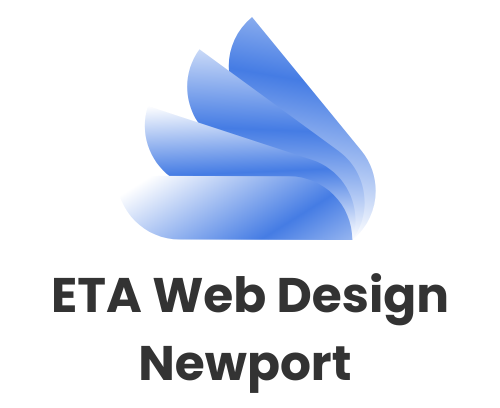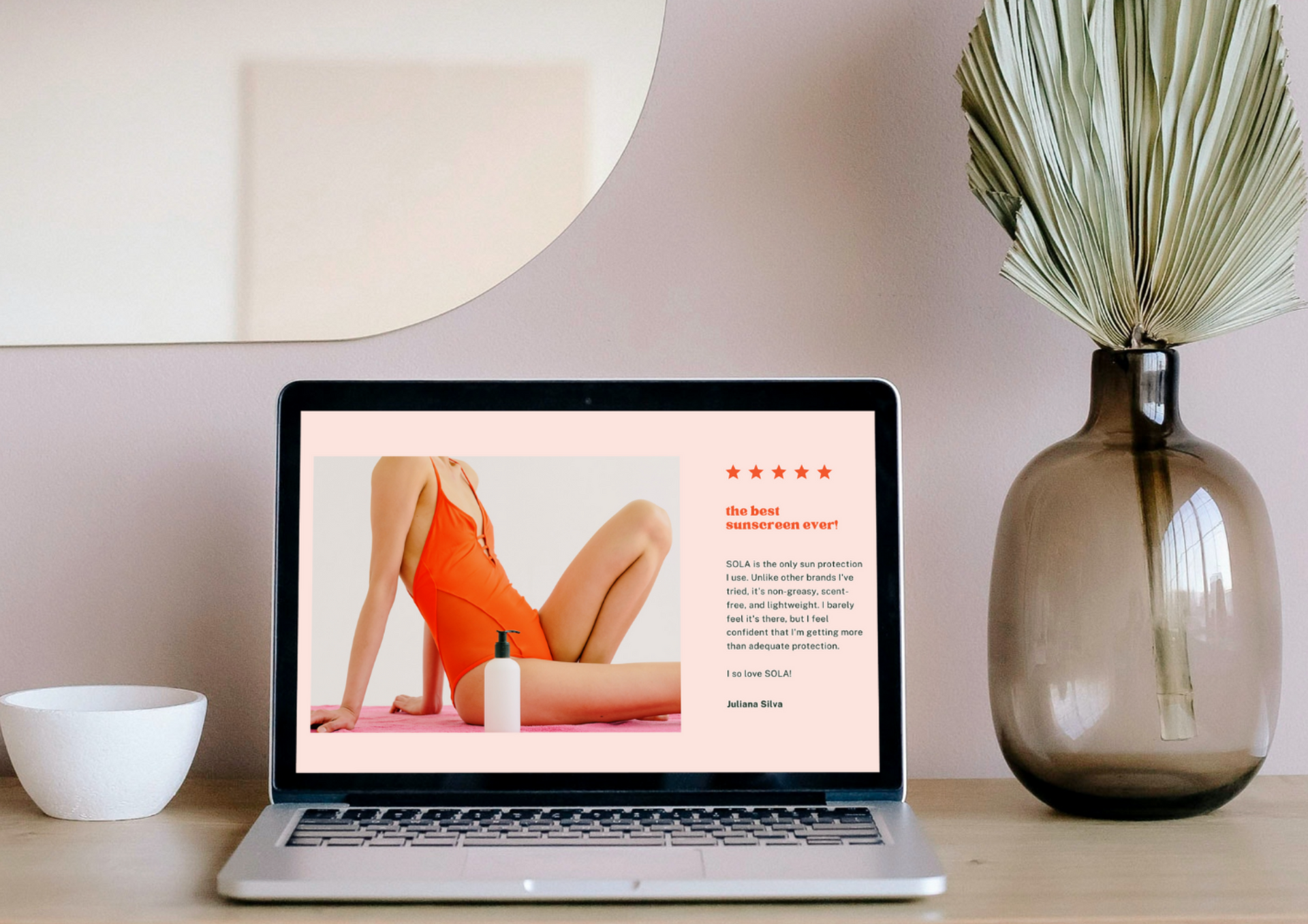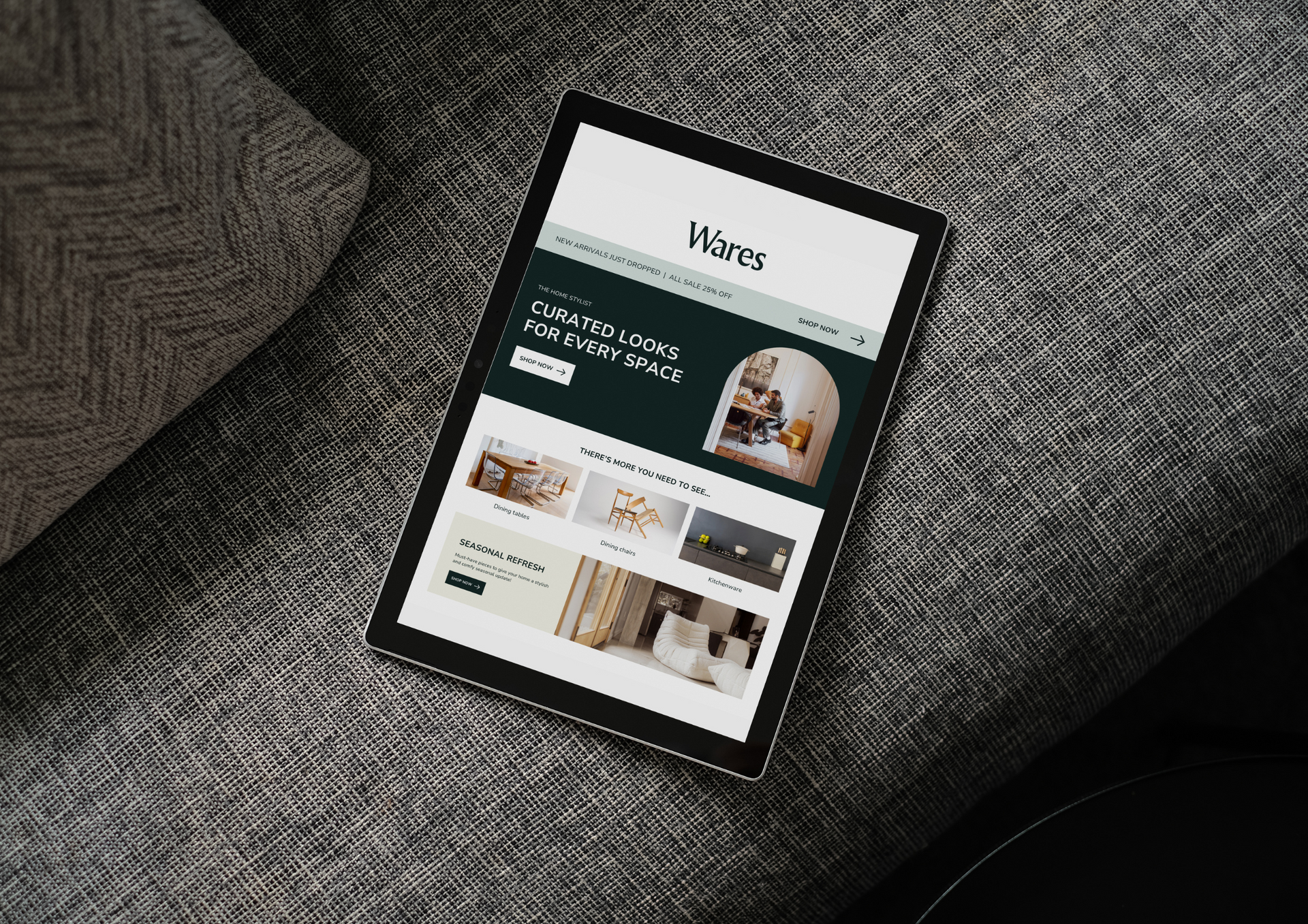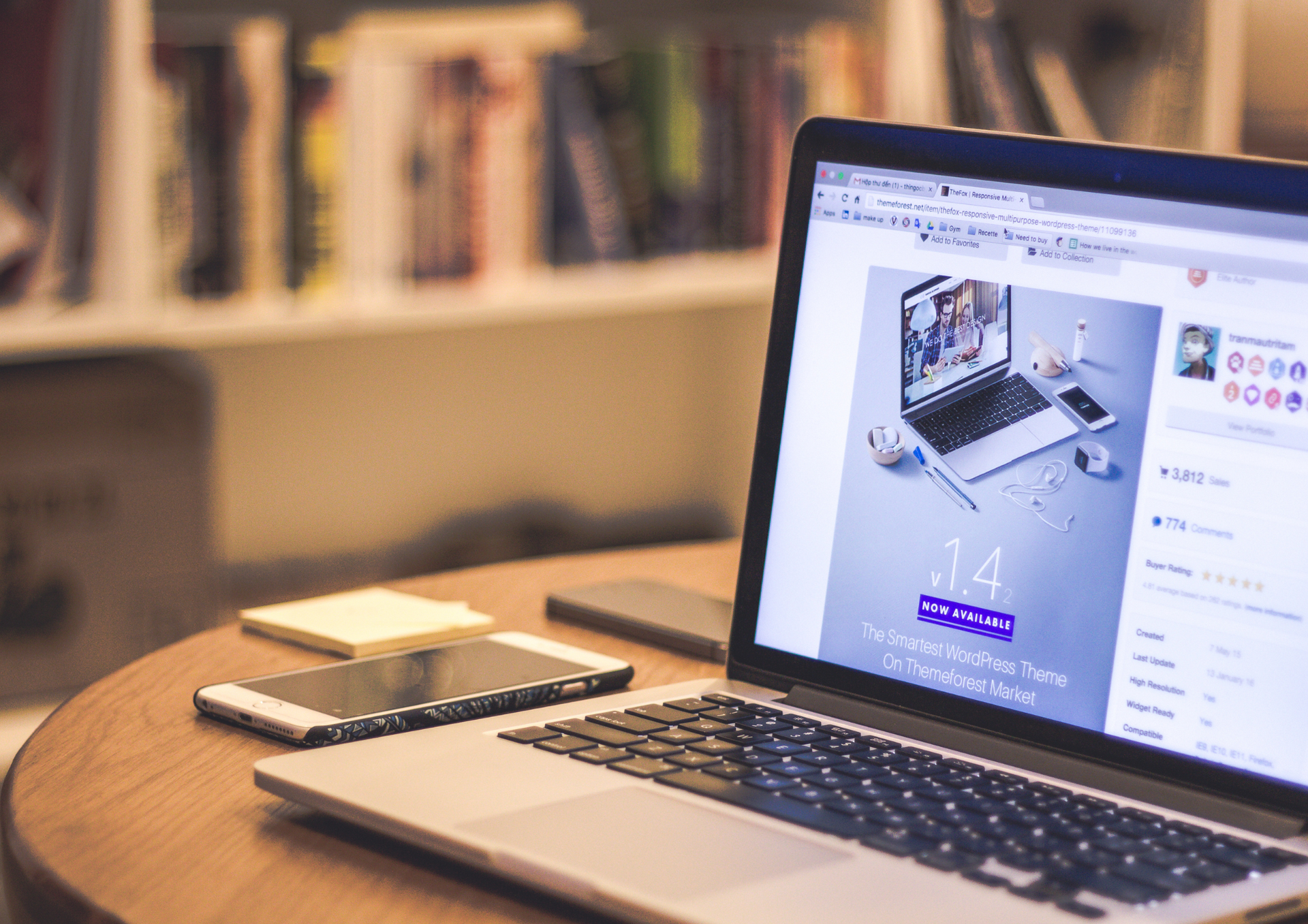In today’s digital world, your website is more than a storefront — it’s your brand’s foundation. Whether you own a homeware brand, a health and wellness business, or a retail company, selecting the right web designer is one of the most important decisions you’ll make. The question is: should you hire a freelancer or an agency? Both have clear advantages and limitations depending on your goals, budget, and growth plans.
This article explores the benefits and challenges of each option, guiding you towards the best choice for your business.
Understanding the Role of a Web Designer
A skilled web designer creates the look, feel, and functionality of your website. They combine creativity and technical expertise to ensure your site not only looks appealing but also converts visitors into customers. A good designer focuses on structure, usability, and responsive design — ensuring your site performs seamlessly across devices.
For brands in industries like home décor or wellness, your website should reflect your identity. It must communicate trust, evoke emotion, and make the buying process effortless. Choosing between a freelancer and an agency often comes down to how much creative control and support you require during that journey.
Freelance Web Designers: Flexibility and Personal Attention
Freelancers often offer a personal and highly adaptable approach. Working directly with a single designer means communication is streamlined, and decisions can be made quickly. Freelancers can be ideal for start-ups or small businesses seeking a cost-effective solution without compromising creativity.
They tend to charge less than agencies because their overheads are lower. You get to work closely with the person actually building your site, which can lead to a design that perfectly captures your brand’s tone and vision. However, freelancers typically juggle multiple projects and may have limited capacity for urgent deadlines or long-term maintenance.
If your project is relatively straightforward and you value direct communication, a freelancer might suit you perfectly. But if you need complex features, consistent updates, or scalable functionality, you may find an agency offers more long-term stability.
Agency Web Designers: Team Expertise and Scalable Support
Hiring an agency gives you access to a full team — designers, developers, copywriters, SEO specialists, and project managers. This collective expertise results in a structured, strategic process that ensures every element of your website aligns with business objectives.
Agencies excel at managing larger projects or brands planning for expansion. They often provide comprehensive packages, including branding, marketing strategy, and post-launch support. While agency services typically cost more, they deliver reliability, long-term scalability, and measurable outcomes.
If your company aims to expand its product range, launch into new markets, or integrate e-commerce platforms, an agency will have the resources to handle it smoothly. Their collaborative model ensures consistency and quality throughout each phase of your project.
Weighing the Pros and Cons
Choosing between a freelancer and an agency involves carefully balancing flexibility, cost, and overall capability. Freelancers typically offer direct communication, creative freedom, and a more personalised approach. They often work at lower rates with flexible arrangements, making them ideal for smaller projects or businesses seeking a hands-on creative process. However, freelancers may face limitations when handling large-scale projects and can sometimes lack the technical or marketing support that broader teams provide. Their availability also depends solely on one individual, which can affect turnaround times.
Agencies, on the other hand, bring together a multidisciplinary team with proven processes designed for scalability and consistency. They offer ongoing support, structured communication, and professional accountability, making them well-suited for businesses with long-term growth plans. The main drawbacks are typically higher costs and less direct, immediate contact with the designer, as communication often flows through project managers. Ultimately, the right choice depends on your company’s priorities — whether you value close creative collaboration or prefer structured, long-term professional management.
Understanding the Investment: Website Design Cost
When planning your website budget, understanding the website design cost is essential. Prices vary depending on complexity, functionality, and who you hire. Freelancers often provide lower upfront costs, ideal for smaller projects. In contrast, agencies typically charge more but deliver greater long-term value through additional services like maintenance, SEO, and strategic consulting.
Before committing, request a detailed quote outlining all inclusions — from initial wireframes to post-launch updates. Transparent pricing helps avoid hidden expenses later. Think of it as an investment rather than a cost: a professional, well-designed site can pay for itself through improved conversions and credibility.
Whether you work with a freelancer or agency, ensure the proposal covers essential aspects like mobile optimisation, content management systems, and analytics tracking. These features directly impact your online performance.
DIY Tools vs Professional Expertise
Modern businesses have access to various best website builders, making it tempting to create a site independently. Platforms such as Wix, Squarespace, and Shopify offer drag-and-drop simplicity for those wanting a quick start. While these tools can work for basic sites, they often lack the sophistication required for scaling or complex functionality.
For homeware or wellness brands that rely heavily on visual identity, these limitations can hinder long-term success. Professional designers and agencies provide bespoke layouts, advanced integrations, and superior optimisation — ensuring your site stands out rather than blending in.
The Role of Website Creators in Today’s Market
The term website creators refers to both individuals and teams responsible for bringing digital ideas to life. Their skill sets vary — from visual design and user experience (UX) to coding and content strategy. For growing retail or health-focused businesses, partnering with experienced creators means your brand message remains consistent while delivering measurable results.
Professional creators stay updated with trends like accessibility standards, responsive design, and conversion-focused architecture. This ensures your site not only attracts visitors but also encourages engagement and repeat business.
In contrast, relying on basic templates or inexperienced designers can result in a site that feels generic, reducing your ability to compete in today’s dynamic online market.
Why Web Design Services Offer Greater Value
Comprehensive web design services encompass far more than just visuals. They integrate technical development, SEO optimization, and branding consistency. Agencies like us take a holistic approach — ensuring that your site functions flawlessly, loads quickly, and aligns perfectly with your business objectives.
These services are particularly valuable for businesses that rely on their websites as key revenue channels. With professional support, you gain access to analytics, updates, and tailored solutions that adapt as your company grows. Investing in such expertise saves time and ensures long-term digital resilience.
Planning for Growth and Future Maintenance
Whether you hire a freelancer or an agency, maintaining and updating your website is crucial. Over time, businesses evolve — new products launch, branding changes, and technology advances. A professional designer or agency will provide support packages to keep your site secure and up to date.
Discuss maintenance options before signing a contract. Some freelancers offer hourly updates, while agencies may include ongoing support in their packages. Prioritising continuous improvement ensures your website stays competitive and aligned with modern design and performance standards.
Think of your website as a living asset — one that grows alongside your business. Regular updates, improved UX, and SEO refinement all contribute to long-term success.
Making the Right Choice for Your Brand
If you’re a smaller homeware or wellness business, a freelancer can deliver personal service and affordability. However, as your brand expands, you might need more resources than a single designer can provide. That’s where agencies step in — offering collaboration, strategic insight, and consistent quality.
Ultimately, the right choice depends on your business goals. Freelancers excel at agility and close communication, while agencies shine in scalability and comprehensive project management. Both can deliver excellent results when chosen wisely and aligned with clear expectations.
Both freelance and agency designers bring distinct advantages to the table. Freelancers are ideal for smaller projects requiring flexibility and personal attention, whereas agencies provide robust support, technical expertise, and future-proof solutions. The key is understanding your business’s needs and selecting a partner capable of delivering the quality, reliability, and creativity your brand deserves.
Whichever path you choose, prioritise communication, clarity, and alignment. A well-designed website is more than a digital tool — it’s your brand’s most powerful marketing asset.
At
ETA Web Design Newport, we combine the creativity of freelancers with the structured reliability of an agency. Our mission is to help homeware brands, health and wellness businesses, and retail companies build digital platforms that inspire trust and drive results.
We recognise that every business has unique goals, so our approach is completely tailored — from concept to launch and beyond. With an experienced web designer team, we deliver bespoke solutions that are both visually striking and performance-driven, helping your brand stand out and achieve measurable success online.
Just out on X:
Web designer guide – deciding between a freelancer and an agency!




